Eat Your Banana: Foods to Embrace and Avoid for High Blood Pressure
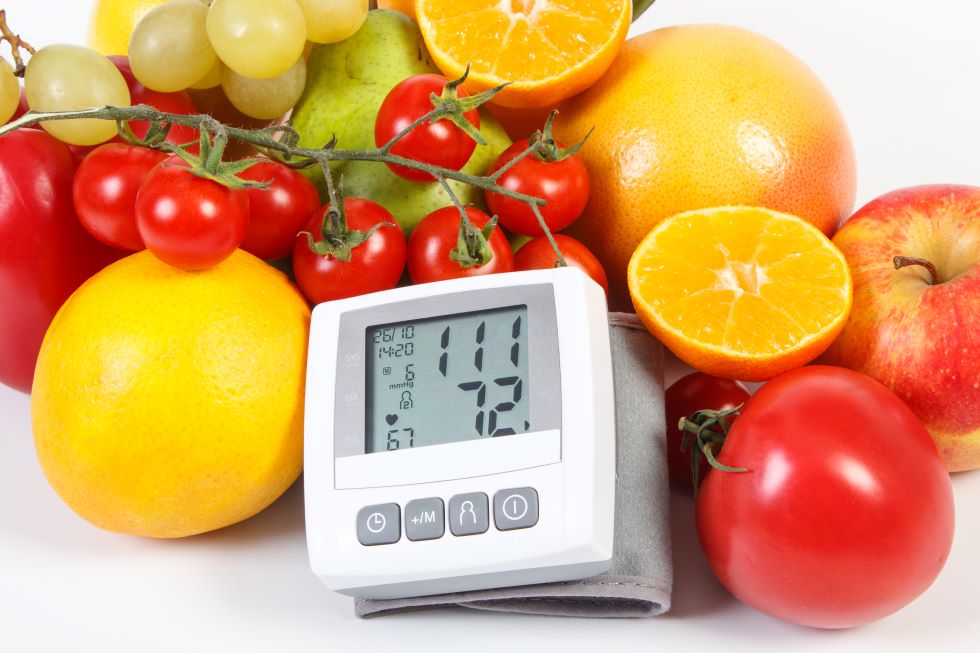
If you are managing high blood pressure (hypertension), making thoughtful food choices can be one of the most effective methods to support your health. High blood pressure places additional stress on the heart, elevates the risk of stroke, and may contribute to other significant health problems over time (CDC, 2023).
For individuals prescribed medications such as Exforge, Concor, Twynsta, Micardis, or Norvasc, it is important to understand that while these medications are vital, their effectiveness is enhanced when accompanied by dietary modifications (Vaduganathan, 2019). In this article, we will discuss:
- Foods to avoid with high blood pressure
- Foods that lower high blood pressure
- The benefits of incorporating a potassium-rich banana into your diet
What is Hypertension?
- Hypertension occurs when blood pressure readings remain persistently above the healthy range (WHO, 2003).
- This condition compels the heart to exert more effort, potentially resulting in arterial stiffness and decreased blood flow, both of which increase cardiovascular risk (UCSF Health, 2023).
- Depending on the severity, blood pressure management may require medications, lifestyle modifications, or a combination of both.
Embrace the Positive: Foods That Promote Healthy Blood Pressure
Bananas: The Potassium Powerhouse
- Bananas are high in potassium, which helps regulate blood pressure by balancing sodium levels and facilitating vessel relaxation (Rettner, 2014).
- This straightforward and nutritious option is beneficial for heart health and can be easily added to daily meals.
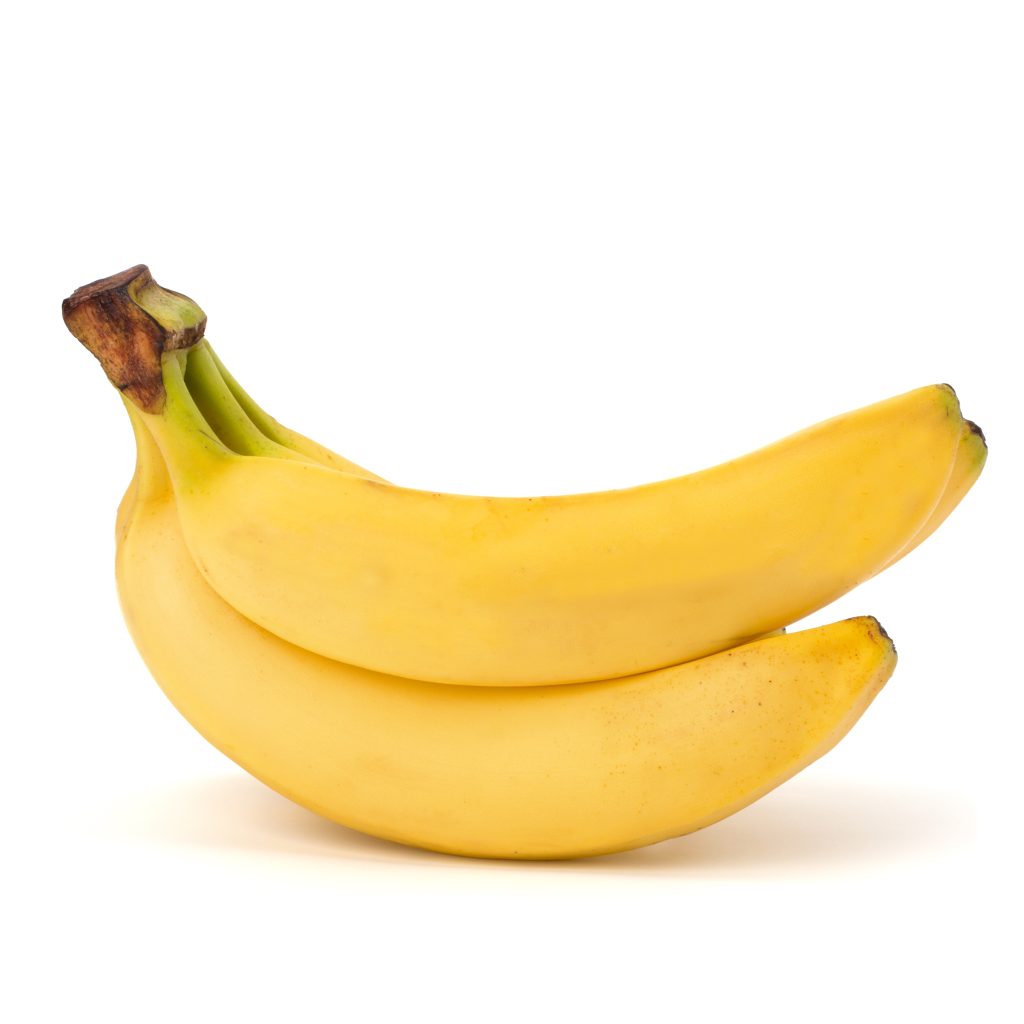
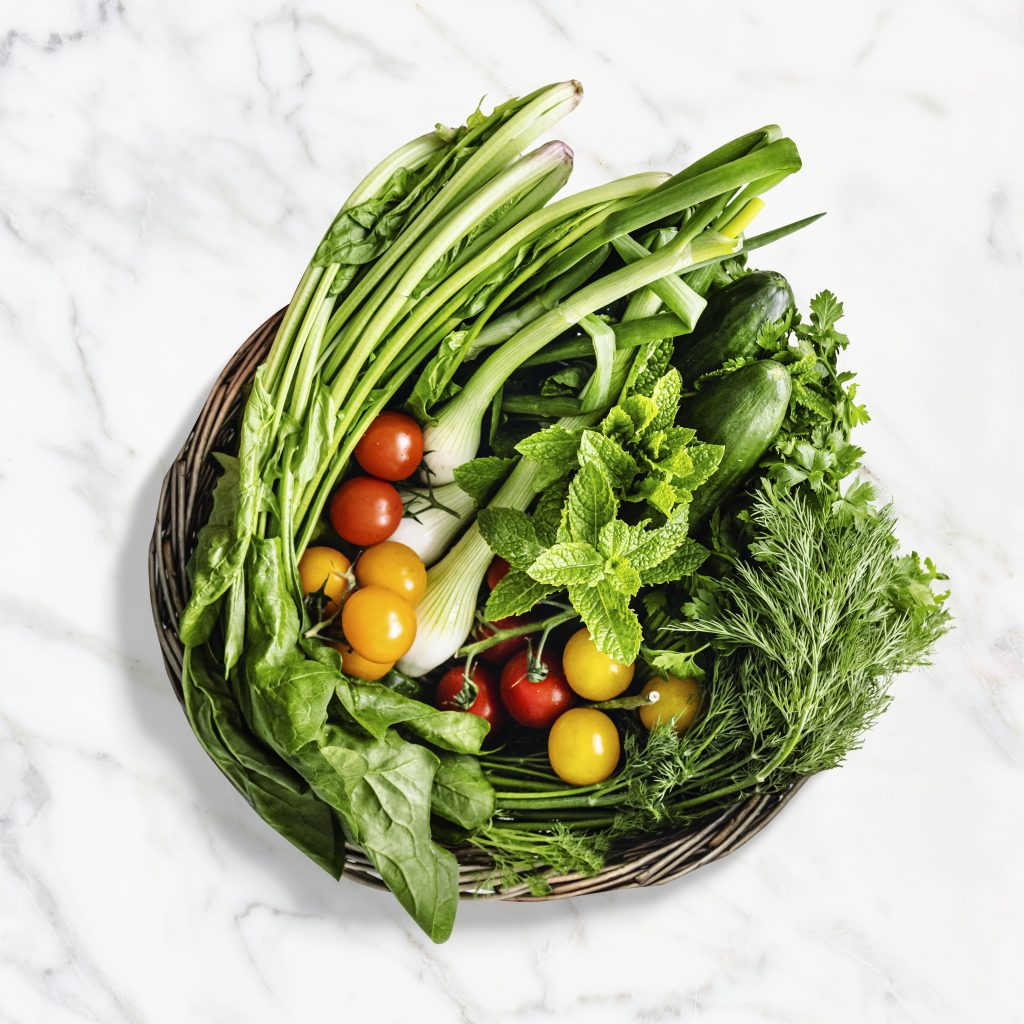
Leafy Greens
- Vegetables such as spinach and kale are rich in potassium and magnesium, which aid in regulating sodium levels in the body.
- Adults are advised to target a daily intake of 4,700 mg of potassium as part of a diet conducive to maintaining healthy blood pressure (Gunnars, 2023).
Berries
- Berries, especially blueberries, are rich in antioxidants, which may help lower blood pressure over time (Mardaneh et al., 2020).
- We can make smoothies, salads, or savor them as a standalone snack.
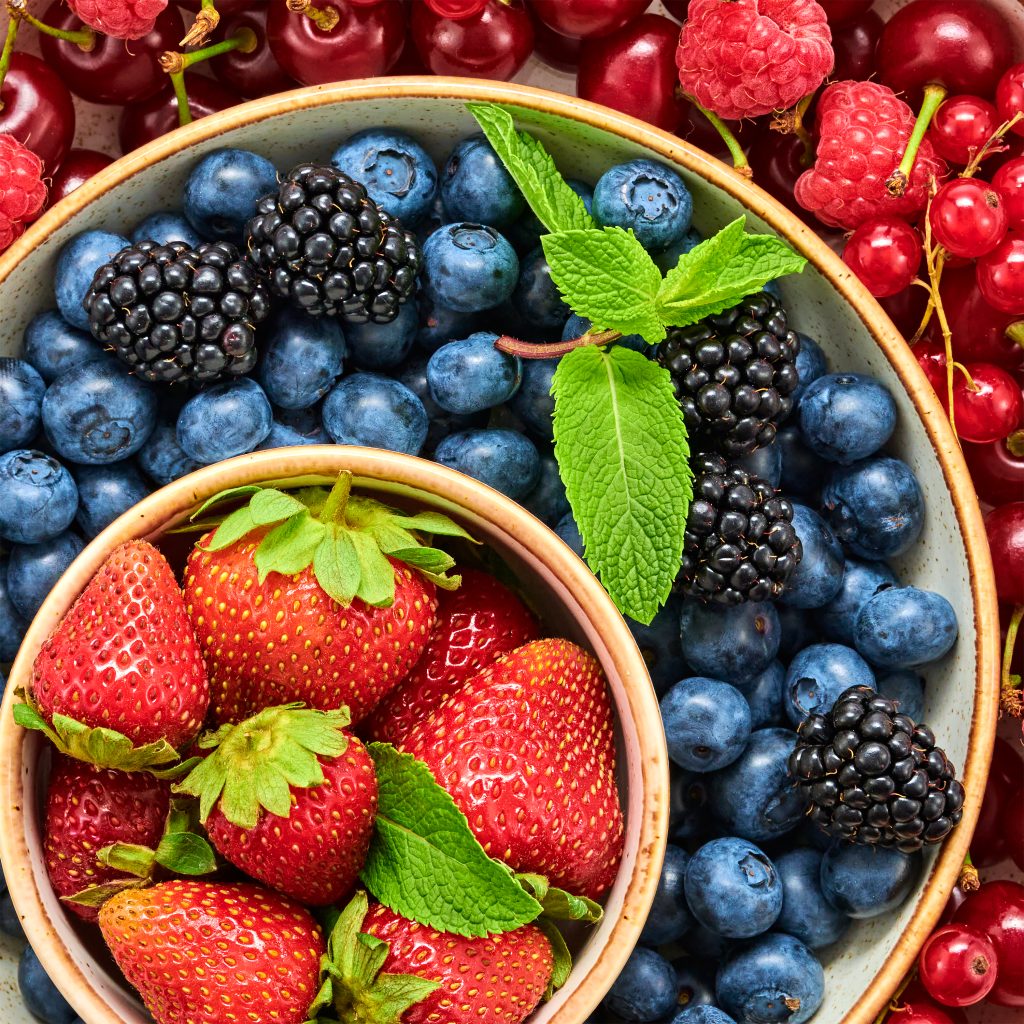
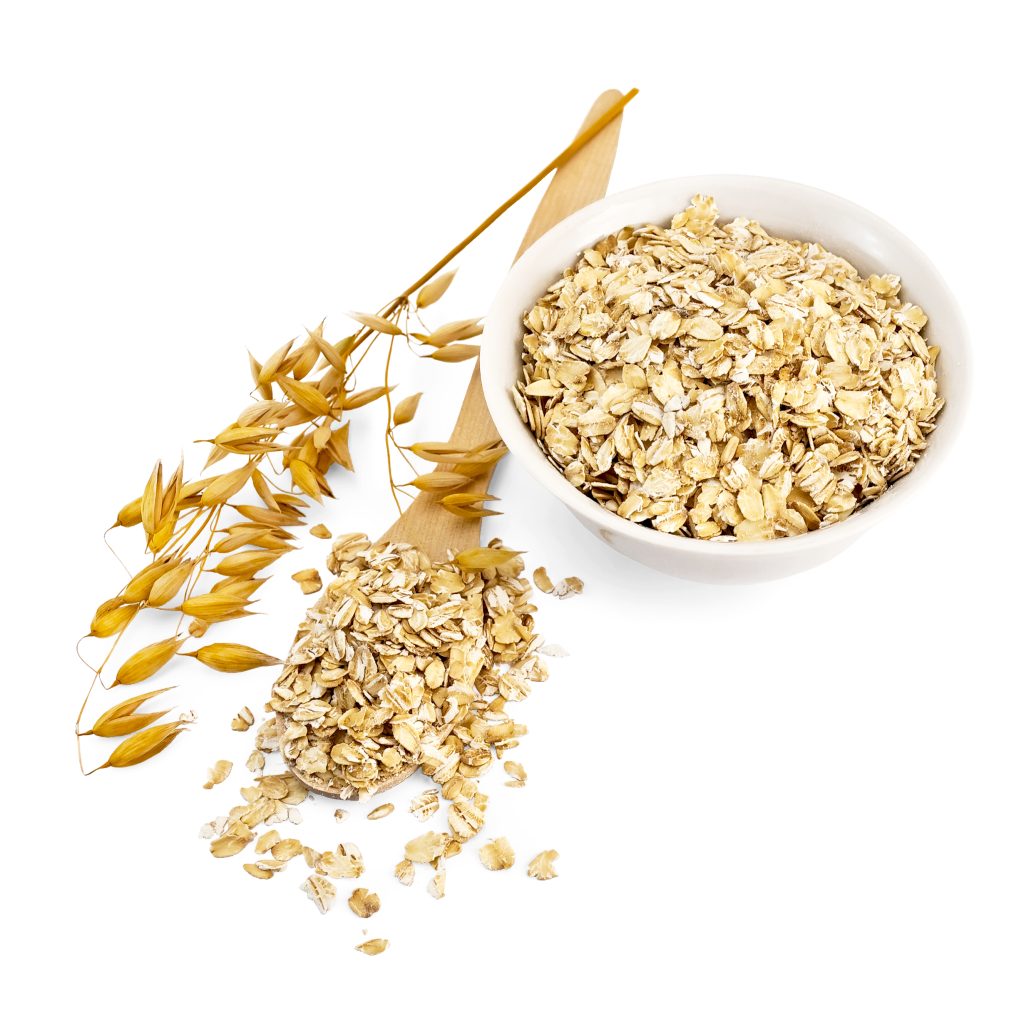
Oats
- Rich in fiber, oats can assist in lowering cholesterol (Mayo Clinic, 2023) and reducing blood pressure (Richards, 2020).
- A bowl of oatmeal topped with bananas or berries offers a heart-healthy breakfast.
Fatty Fish
- Salmon and sardines are rich in omega-3 fatty acids, which help reduce inflammation and promote healthy blood pressure (Mayo Clinic, 2023).
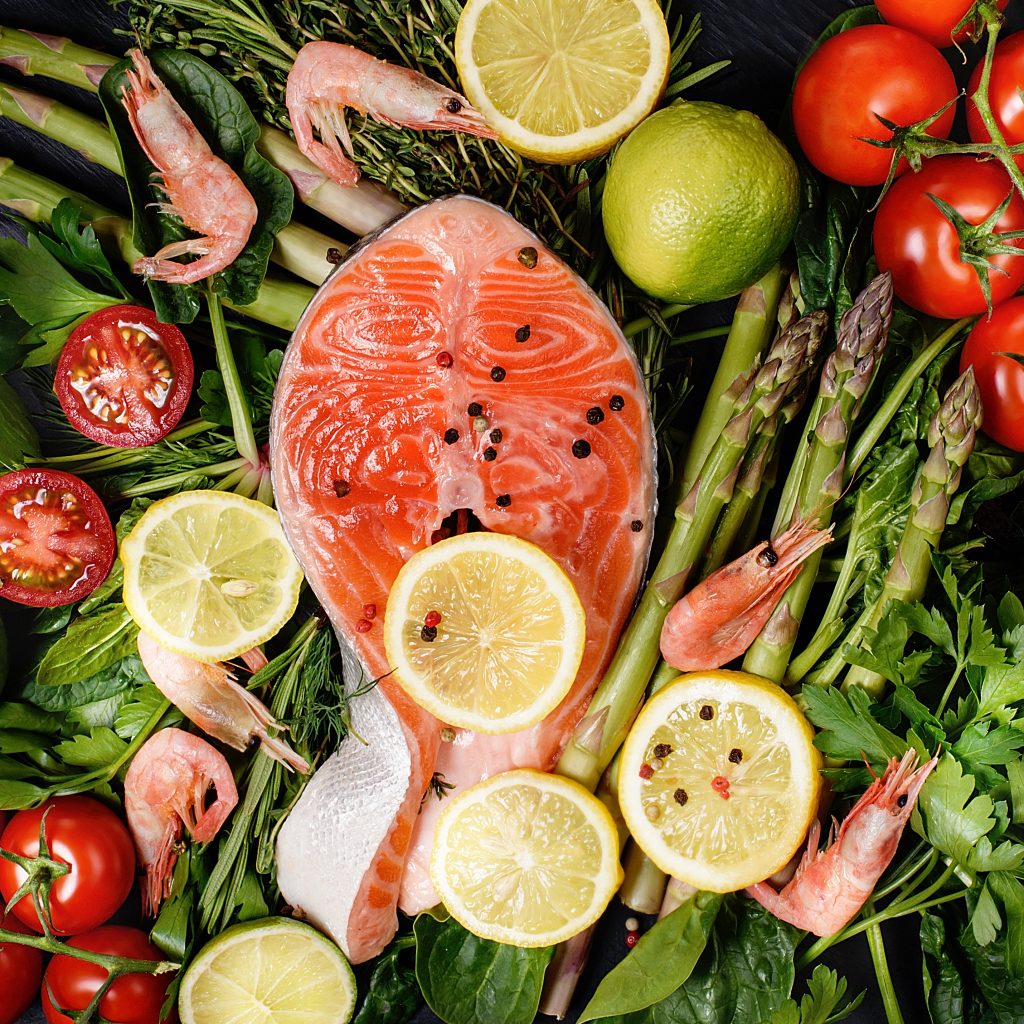
Foods to Avoid with High Blood Pressure
To manage blood pressure effectively, limit foods that are high in salt, added sugars, or unhealthy fats. By making these substitutions, you can more effectively manage blood pressure and promote heart health (Villines, 2023).
Sodium-Rich Foods
- Many items, including processed meats, canned soups, and snacks, are high in sodium, which can increase blood pressure.
- To decrease sodium intake, target a maximum of 5.0 g of salt per day and flavor meals with herbs instead (Grillo et al., 2019).
Sugary Sweets and Drinks
- High-sugar products such as sodas, candies, and pastries contribute to weight gain, which may elevate blood pressure.
- Reducing sugar intake has been shown to help manage hypertension symptoms (Chen et al., 2010).
Fried and Fatty Foods
- Trans fats in fried foods can increase bad cholesterol (LDL) and decrease good cholesterol (HDL), putting additional strain on the cardiovascular system.
- To manage trans fats, opt for oils such as olive or safflower oil in place of butter, and select low-fat dairy and lean proteins (MedlinePlus, 2023).
Alcohol
- Excessive alcohol consumption can elevate blood pressure.
- Adhere to the recommended limits of one drink per day for women and two for men to avoid sudden increases in blood pressure (Mayo Clinic Staff, 2023).
Role of Medications and Diet
- Medication Role: Medications such as Exforge, Concor, Twynsta, Micardis, and Norvasc help manage blood pressure by relaxing blood vessels, reducing fluid retention, or regulating the heartbeat.
- Diet’s Role: Healthy eating enhances the effectiveness of medications, forming a strong strategy to lower cardiovascular risk (American Heart Association, 2023).
Final Thoughts: Implement Small, Sustainable Changes
- Enhancing blood pressure management involves making balanced choices rather than imposing extreme restrictions on your diet.
- Always consult a physician before making significant dietary changes or modifying medications.
- In addition to medication, a nutritious diet can substantially impact blood pressure.
- Minor adjustments, such as incorporating potassium-rich bananas and decreasing sodium intake, can produce enduring benefits.











